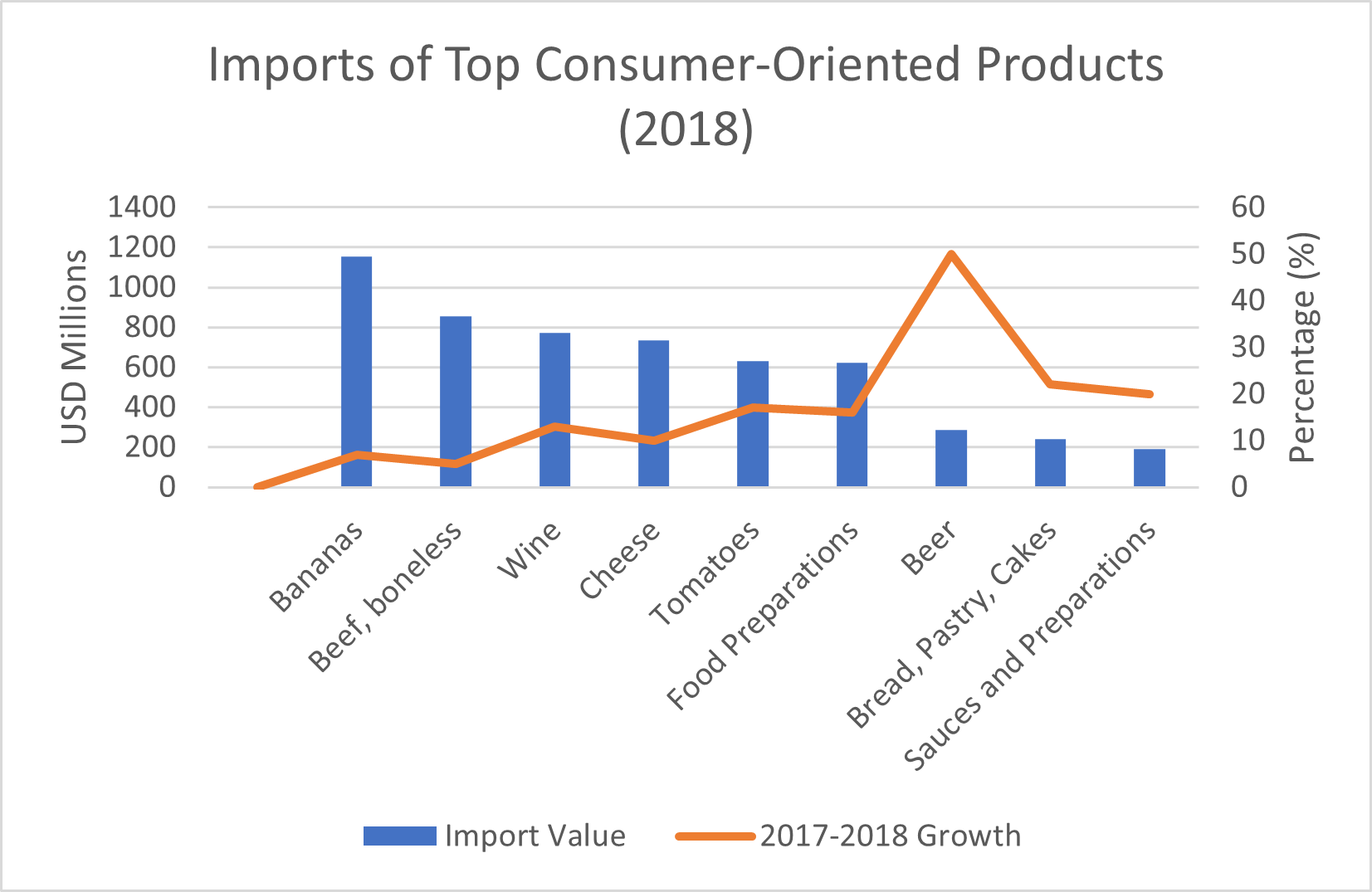Russia Extends Sanctions on US, EU Agricultural Goods
Russian ban on agricultural products was another hot topic earlier in April when the Russian Fruit and Vegetables Association requested an import ban on a major import product, tomatoes, for two months as domestic demand for fresh vegetables decreased and prices remained low. While the request did not follow through, Turkish tomatoes had already been subjected to import restrictions that stemmed from conflict surrounding a Russian fighter jet that was shot down in Turkish airspace in 2015, for which Russia subsequently banned the import of Turkish fruits and vegetables. The ban was later lifted in 2017, but with import quotas in place.
For Russia, bans such as these are in line with the country’s efforts of trying to protect domestic suppliers and decrease the dependence on imported produce. The bans are also implemented as a reactionary measure against political tensions arising from the Ukrainian crisis, as well as simply from quality control issues in its import markets, such as the case of the ban against Azerbaijan and certain Turkish tomatoes in December 2020 from high instances of moths and diseases.
Russia Extends Agricultural Import Ban for Another Year
Russia announced in mid-December this year that it will extend the import ban on agricultural products for a lineup of countries that involves the US and the EU until the end of 2021, as well as adding the United Kingdom to the list in light of Brexit. The ban affects the United States, the European Union, Canada, Australia, Norway, Ukraine, the Republic of Albania, Montenegro, Iceland, the Principality of Liechtenstein.

Imposed in 2014, the ban includes products spread across the meats, dairy, seafood, vegetables, and fruits categories, in response to sanctions imposed by 30 countries from Russia’s annexation of Crimea and the ensuing violation of territorial integrity in February of 2014. A lineup involving 30 countries including the US and the EU subsequently imposed economic sanctions against Russia in March, which culminated in Russia banning the import of certain agricultural goods from these Western nations. Going through multiple extensions, the ban was prolonged once again from the most recent extension of December 31, 2020.
Effects of the Countersanction
Russia has seen an increase in production and a decrease in imports since the countersanctions were imposed in 2014, with production rising by 30 percent and imports of consumer-oriented products falling by 35 percent (2019). Nevertheless, Russia continues to be a top global 15 and net importer of agricultural products, reliant on international supplies for fruits, nuts, vegetables, beef, cheese, wine, food ingredients, and processed foods. This is as Russia has continued to import steadily from countries not subject to the ban such as Turkey, China, Brazil, Ecuador, South Africa, Chile, and Argentina, signaling how these import destinations are granted another year of greater access to the Russian market than other industry giants such as the EU, US, Canada, and Australia. Markets that have seen the most growth potential in recent years are beer, food and cocoa preparations, pastries, sauces, and tomatoes.





